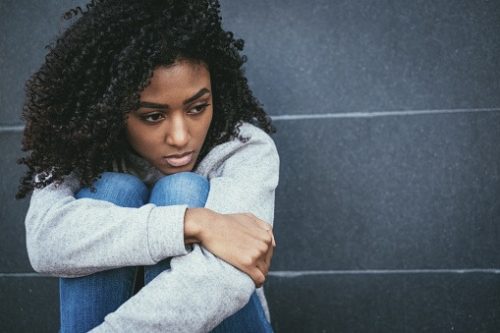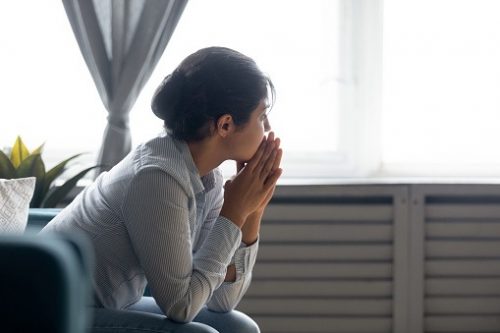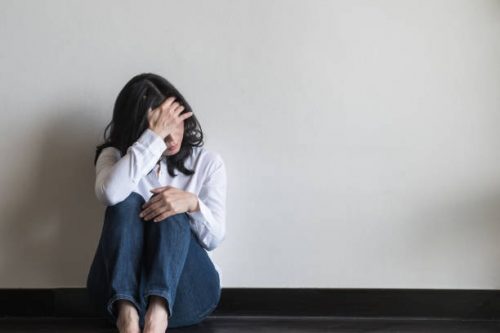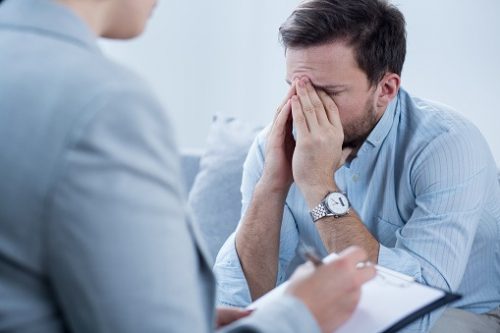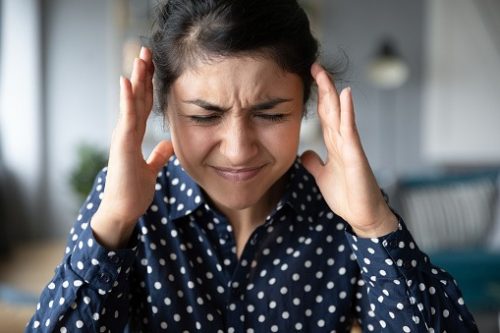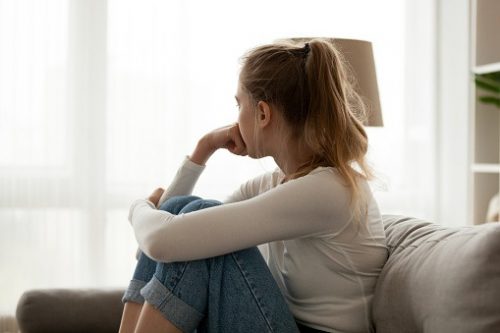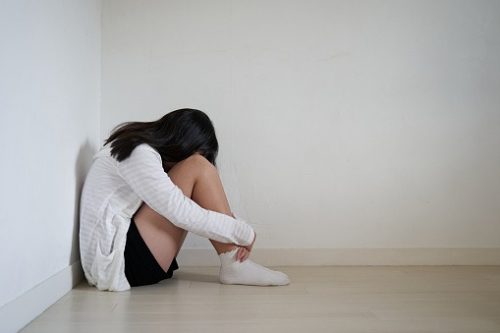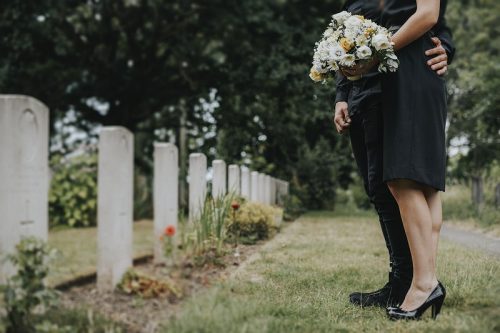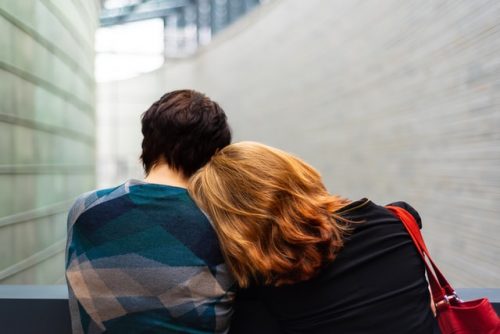I often hear a lot of people say, “It’s just a cat,” “You can always get a new one,” It’s not that emotionally draining since it is not a person,” or “It’s just an animal.” Honestly, hearing all these words makes me sick to my stomach. What are these people thinking? Are they aware that these animals also have feelings and exist in this world, not just for display? These animals also have a purpose in life: to be friends with humans and take care of them mentally and emotionally.
For some people, they are just cats. But for me, they are my family, companions, best friends, babies, and life. Regardless of form, shape, or size, my cats are the ones that make me complete. So, losing one of them can be as devastating as losing a person.

I’m Fed Up
I hate it when people are insensitive to my feelings just because I grieve for a cat. They don’t understand how much I love my animal companion. I understand that their perception of attention and love for these creatures vary because they think that humans are more in need of emotional appreciation. But they are wrong. Animals also need the love and care humans always crave, and I will not be sorry for showing my emotions to these insensitive individuals because I grieve, not because of their judgment. I grieve because I lost one of the most precious friends I had that truly mattered to me.
Yes, some may say that I am overly dramatic or I am trying to embrace this bereavement of a cat. But I don’t care. I am so fed up with people telling me what to feel and what not to feel. I am so tired of explaining to them how an animal can affect a person’s life. I can’t emphasize enough how cruel their comments are when it comes to the way I handle my grieving experience. They do not know how deeply sad and lonely I am for losing my cat. So why would I listen to their unsolicited advice when it doesn’t even help me at all?
Honestly, I don’t understand how people can be so mean to others, especially during their crying moments. Their comments and suggestions somehow invalidate my feelings, and it seems like I am not allowed to express my grieving emotions anymore. These emotional and mental challenges I have is causing me extreme worry aside from feelings of loneliness and anger. I’m not too fond of it, and I am not comfortable dealing with it.
Mental Health – Sadness And Grief
Sadness is an adjacent part of grief. Every time you lose someone, you instantly feel sad. And in my case, that’s what is happening. However, my sadness is not like any other sadness I have experienced before. Yes, I feel sad when I get a low score on the exams. I feel sad when watching sad scenes from a TV series. I feel sad whenever I can’t find time to spend with my cats. But lately, my sadness is extreme. Extremely different than it already impacts my way of living.
The choices I have to make every day are limitless. Since I live alone, I am free to do whatever I want because there’s no one to tell me what to do. But then, when my cat died, I felt like I couldn’t move. There are times when I constantly lie in bed with my pillow beside me, crying and hugging it. I can’t focus or decide on my own, and I can’t even find the right things to do to cope with inhibited grief. My house right now is full of mess. I am a mess.
Honestly, I felt sad for my other cats because they do not deserve a human like me. I still have four of them, but I feel like I am not giving them enough attention because I am focused on the one I lost. I know it is unfair, and that is precisely why I am constantly having a mental breakdown. I feel like I am letting my other cats down. But I can’t help it. I am really devastated about losing one, and I can’t seem to cope with the grief despite knowing that there are four cats left with me. I am lost for words.

Art Therapy And Grief
With all my roller coaster of emotional challenges, I took the initiative to consult and seek professional advice. I went to therapy treatment because I really wanted to make things better for my overall and emotional well-being. I want to spend my days with the rest of my cats, and I want to take care of them again. I want to bring my life back to some sense of normal and completely get rid of the mess I am, and bring back my self esteem. I wanted to change how things were going, and I wanted to show myself that grieving is okay. I want to instill in my head that not taking care of my mental, physical, and emotional health is no excuse.
During the therapy sessions, the therapist or counselor creates a plan. These included the things I can do to keep my mind off of thinking about sadness too much. She made me create a list all the things I would want to do or new hobbies I would want to learn. On the list, I included drawing and painting. At first, I was kind of hesitant to work with the art therapist on it because I honestly do not have a talent for this kind of stuff, but it’s a process of healing and meaning making.
I have spent quite a couple of minutes per day practicing my drawing skills. I bought the art materials I needed, such as coloring pens, crayons, a drawing book, all types of pencils, an easel, canvas, and a lot more related to creativity and the creative process of drawing and painting. I even signed up for an online drawing class. I was actually making an effort to get this art therapy going.

It’s Working
After a couple of days, I have been practicing drawing and painting, and it finally paid off. I somehow got that excitement back, and I began to work my way through the grieving process with emotional resilience. I used my cat as an inspiration for my drawings, and I made peace with his death. I drew him almost every day, and that makes me think about the good times we spent together. And I realized by thinking about those things how much I really love my cat. Every time I paint a picture of him in my head and reflect it on my canvas, I can’t help but smile and appreciate his existence. I became thankful for my cat’s life and that he dedicated it to me until his drying moments. Drawing and painting him makes me think that he’s just right beside me, and these drawn images of my cat remind me of the wonderful moments I have with my best companion.
Yes, I am still sad that my cat is gone. But right now, I feel more appreciative of the other cats that are left to me. These furbabies are making me realize that despite the loss I am enduring, I still have them to comfort me during these times of despair. Drawing and painting these little ones are my way of coping with the loss, and it is working like magic.
Right now, because of this newfound hobby, I find myself working right through my goals and focusing on my recovery. I am now getting my life on track and making other memories with my other cats. I am thankful for this coping mechanism because it helped me regain my mental and emotional stability. If it weren’t for this coping strategy, perhaps until now, I am still longing for my deceased cat, and I am still a mess.
Final Thoughts And Takeaway
Looking back on the mental and emotional dilemma I felt after my beloved cat died, I must say that things were never the same anymore. For some reason, I knew my mental health condition was so alarming that I couldn’t even find the right things to do and couldn’t find the correct words to express my psychological state. Thankfully, I followed my gut and went straight ahead to seek professional help and get psychotherapy via art therapy. That is the best decision I have made because the way the professional introduced me to my newfound hobby (drawing and painting) changed the way I see and understand my mental health state.
Grieving our loved onee is something we do because we dearly love the one we lost. No matter what it is, a person, a pet, an item, or an opportunity, we know that losing something can have a toll on our overall wellness. So, if there’s a chance that you may be dealing with extreme sadness that you found damaging to your overall aspect of life, career, and relationship, never hesitate to seek mental health treatment. Schedule a counseling session with a healthcare provider or a mental health professional so these experts can assist you and teach you the right coping strategies useful to your holistic healing and recovery.
Frequently Asked Questions (FAQs)
How Does Grief Symptoms Affect Academic Performance?
Which Strategy Is An Effective Way To Help A Child Cope With Grief?
How Can Art Therapists Help With Grief?
Why Is Dealing With Grief Important?
What Intervention Is Used For Grief?
What Art Therapy Is Usually Associated With Grief And Loss?
What Is The Use Of Art Therapy And Group Process With Grieving Children?
How Does Grief Affect You Socially?
What Is Art Therapy Activity For Grief Adults?
Why Do People Use Art As Therapy?
How Does Art Therapy Help People With Depression?
Does Art Therapy Work For Trauma Symptoms?
Does Art Therapy Relieve Stress?
How Effective Is Art Therapy?
What are the stages of understanding grief in art?



